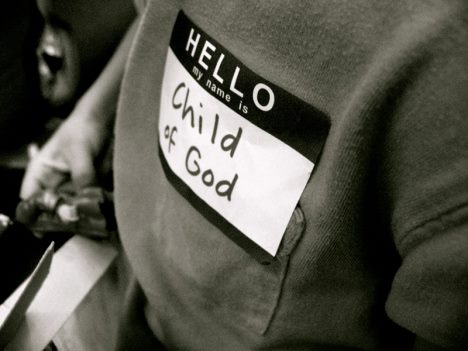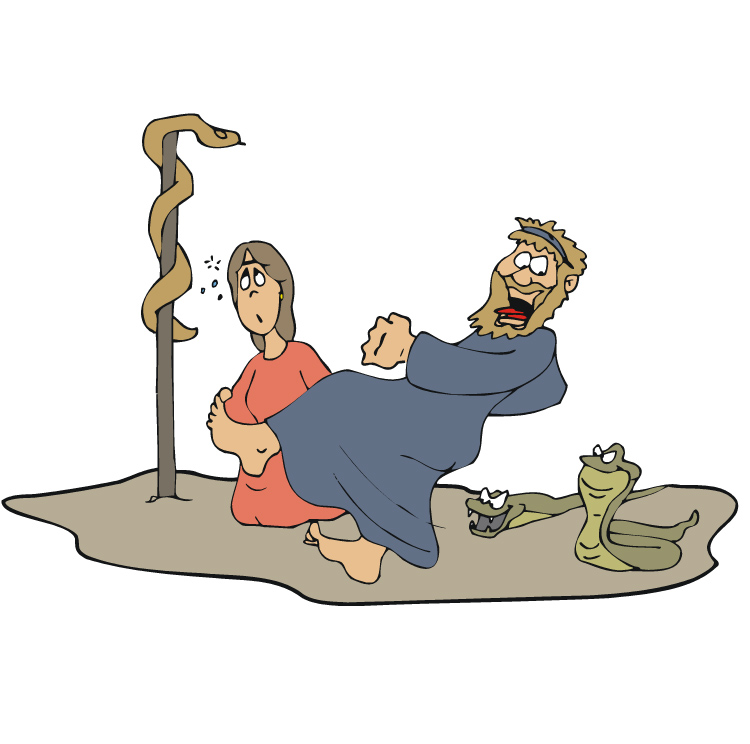
Sonja asked a very good question:
Q. Perhaps this is the right spot to ask a question in regard to faith. I have been pondering a lot lately whether it is a lack of faith in the Lord to have a house insurance. It is very expensive and I would love to give it up. But then I wonder whether I would be putting Adonai our Elohim to the test? Is there anywhere in Scripture where God makes a promise in regard to the protection for our homes? What are your thoughts on this issue?
A. Here is my best answer:
I would answer your question by asking a series of questions:
Is it a lack of faith to:
- carry a spare tire in your car?
- to carry a first aid kit when you go camping or hiking in the mountains?
- to wear a life preserver or have lifesaving equipment when on a boat?
- to have locks on your home and car?
- to have a fire extinguisher?
- to wear a seat belt when driving in a car?
- to take vitamins and supplements when sickness is going around?
I could go on, but you get the point.
I can’t answer your question directly yes or no. Faith is a personal matter, and each person has to make those decisions based on their faith.
Scripture says that we’re not to tempt Elohim by doing stupid or fool-hardy things.
In my view, there is often a fine line between “living by faith” and “tempting YHVH,” which is foolishness. I cannot tell a person where that line is for them. YHVH may be telling a person to do something that another person with less faith may find to be fool-hardy or tempting YHVH. Samson did a lot of things that could have been considered tempting Elohim by some people’s standards, yet YHVH was with him, and his glowing example of obedient faith is recorded in Hebrews 11.
One more thing. If one can afford to have insurance, door locks, seat belts, spare tires, take vitamins and supplements, and so on, then it seems to me that we should do so. If, however, one is in a place where we either can’t afford it, or such it is just not available to us (we’re living way out in jungle or something), then at that point, I know that YHVH will take care of us.






